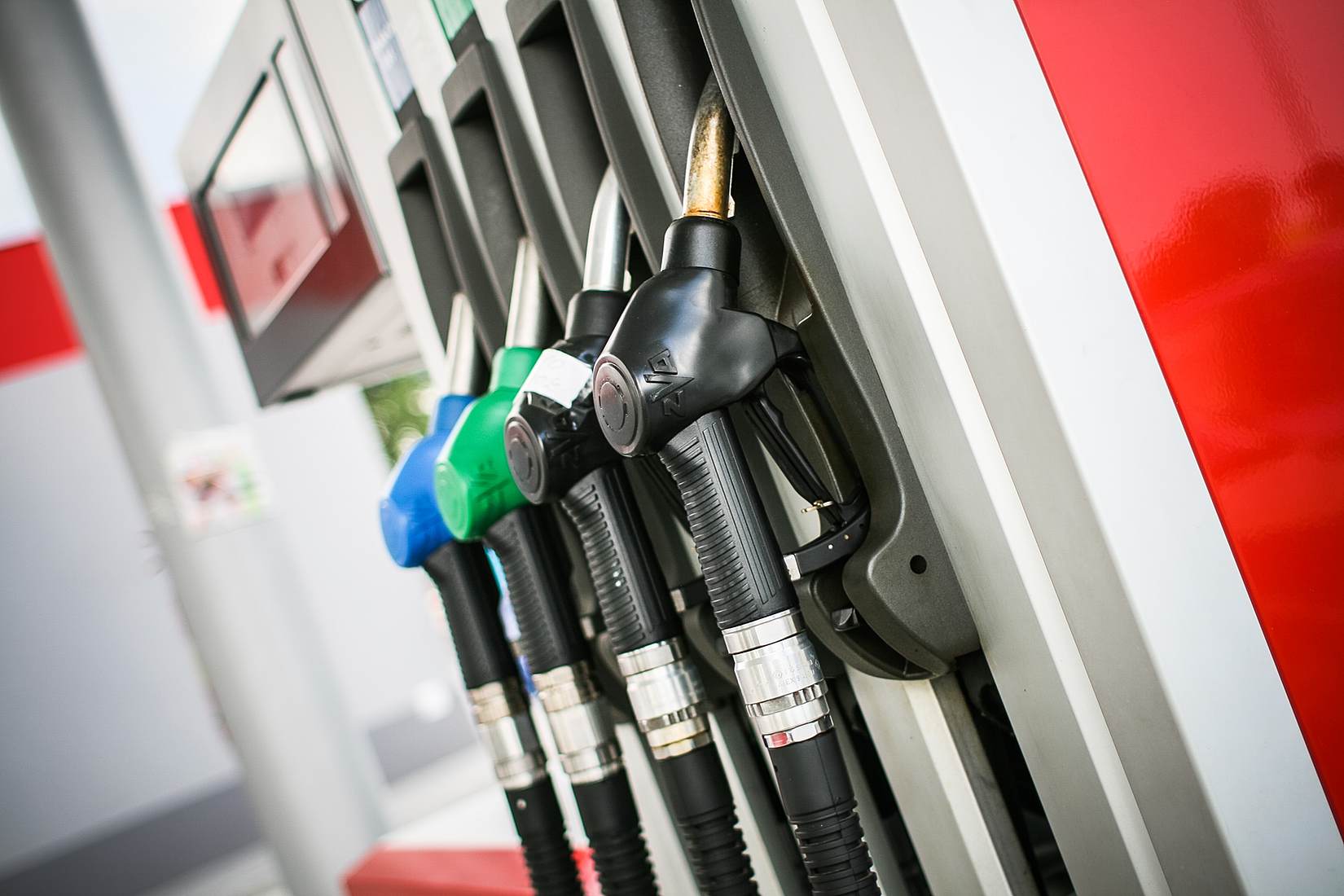
We know from our experience that two main concerns for fleet managers are safety and fuel costs, hence the need for them to educate drivers to fuel efficient driving habits, or, in other words, eco-driving.
Fuel efficient driving habits and techniques are used by drivers who wish to reduce their fuel consumption: this is something that goes hand-in-hand with safety as we shall explain further in this blog post. There is a correlation between safety and consumption: costs, carbon footprint, and various fleet activities are interrelated, so that one thing will affect the other. If you save fuel, there is more money to invest into improvements for your company including rewards for good driving; this means more safety, less accidents, less breakdowns, less wear and tear—and greater synchronisation :).
But what are these fuel-efficient driving habits; what are the eco-driving techniques that you should be aware of and apply by training your drivers accordingly?
We already mentioned in previous posts that if you could monitor driver behaviour to highlight the difference between good and bad driving habits, you will have the ideal basis from which to school drivers into adopting different driving styles—let’s have a look at them!
#1 - Accelerate gently
The harder you accelerate the more fuel you consume, so make sure you ease onto the accelerator pedal gently and gradually. If you want to make sure you maximise fuel efficiency, take 5 seconds to accelerate your vehicle up to 20 km per hour from a stop. There is also a curious technique some websites actually promote: imagine you have an egg under the accelerator and a cup of coffee on the dashboard - and you do not want to either break the egg shell or spill the coffee! Remember, if you want to actually monitor rapid acceleration, SynX will allow you to do just that.
#2 - Keep a steady speed
Unintentional dips in speed and sudden bursts of acceleration to keep up the pace, can take a significant toll on your tank. Drive smoothly and try to maintain a consistent speed.
#3 - Respect speed limits
Vehicles consume increasingly more fuel the faster they go; safety is also compromised when legal speed limits are not respected. SynX can monitor speeding for you.
#4 - Anticipate traffic and plan before driving
Plan your manoeuvres well in advance to maintain your vehicle’s momentum. Read the road ahead, anticipate road disruptions, monitor the movements of pedestrians and other vehicles, and keep a comfortable distance between your vehicle and the one in front of you. You can prepare your trip with SynX, which is capable of monitoring routes and traffic.
#5 - Minimise the use of brakes
As a driver, you often need to apply your brakes to bring your vehicle to a complete stop. However, by anticipating traffic slowdowns as early as possible, you can decrease your speed, conserve fuel and save money by simply taking your foot off the accelerator.
Today, most vehicles are equipped with fuel-injection systems that automatically shut off the flow of fuel to the engine when the accelerator is fully released. In this mode, the decelerating vehicle can be thought of as coasting and using no fuel. SynX can monitor harsh braking as well to keep your fleet safe and efficient.
These driving techniques will avoid unnecessary fuel consumption and safety risks—let us know if you have any more useful tips, or if you want us to help you in saving fuel and making your fleet safe and secure...



